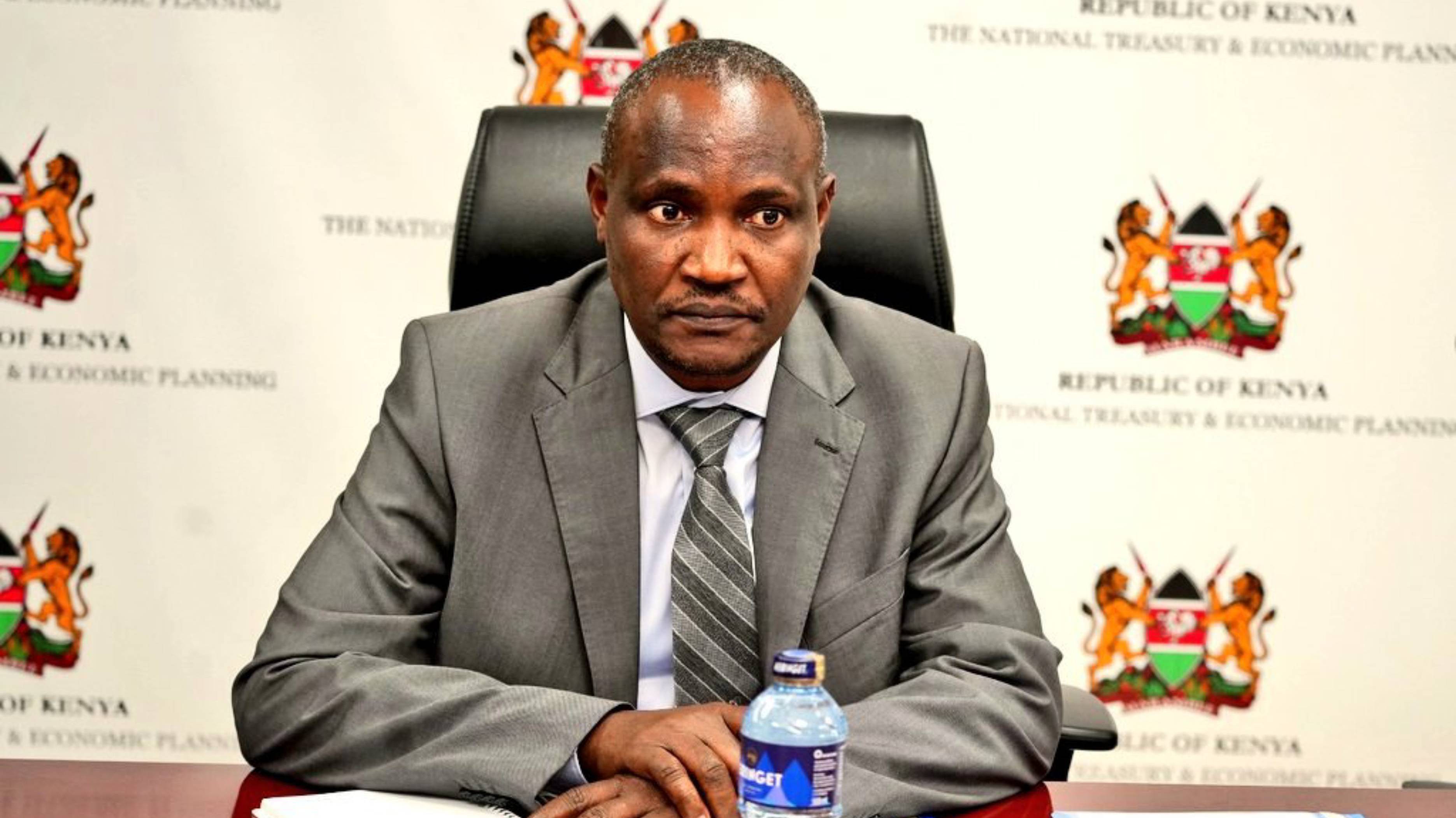Treasury Cabinet Secretary John Mbadi has signalled a potential return of controversial tax proposals as the government grapples with a yawning fiscal deficit.
The move comes after the resounding rejection of the Finance Bill 2024, which sparked widespread protests.
In a bid to shore up public finances by Sh150 billion, the government is now exploring the reintroduction of several tax measures through a revised Tax Amendment Bill.
This development follows earlier hints by Mbadi of revisiting certain provisions from the contentious Finance Bill.
The Eco Levy, a particularly contentious measure, is among those earmarked for a comeback.
Read More
This tax, which sought to impose charges on manufacturers and importers of goods such as diapers, tyres, and electronics to offset environmental costs, had faced fierce opposition.
While the government maintains its stance on the levy's environmental benefits, CS Mbadi has assured the public that sensitive items like sanitary towels will be exempted.
“Eco levy has some meanings; we will just make sure that they are levied on those items which pollute the environment,” he stated, adding, “Issues that are contentious like sanitary pads, those we will leave out.”
The government’s financial predicament has been exacerbated by the rejection of both the 2023 and 2024 Finance Bills.
To bridge the budget shortfall, President Ruto has slashed expenditure by Sh174 billion and is considering a Sh169 billion loan.
The additional revenue from the new tax measures is crucial to fund critical areas such as education, security, and debt servicing.
Beyond the Eco Levy, the government is also considering extending the tax amnesty period by six months to boost compliance and broaden the tax base.
Additionally, plans are afoot to exempt basic commodities like bread from taxation, a move expected to save Sh70 billion.
“We have been paying Sh525 billion in tax refunds and some are fictitious… By tax-exempting bread, we will maintain the same but reduce government expenditure,” CS Mbadi explained.
To further bolster revenue collection, the Kenya Revenue Authority (KRA) is set for a major overhaul.
The government aims to plug tax loopholes through system automation, generating an extra Sh105 billion in revenue.
With a September 30 deadline looming, the Treasury is racing against time to finalize these tax measures and present them to Parliament.
The potential reintroduction of the Eco Levy and other taxes is likely to reignite public debate, particularly given the widespread discontent that led to the withdrawal of the Finance Bill 2024.



 shares a light moment with the company's Group CEO Dr Patrick Tumbo (right) at a past event-1758121528.jpeg)
-1758116028.jpeg)



